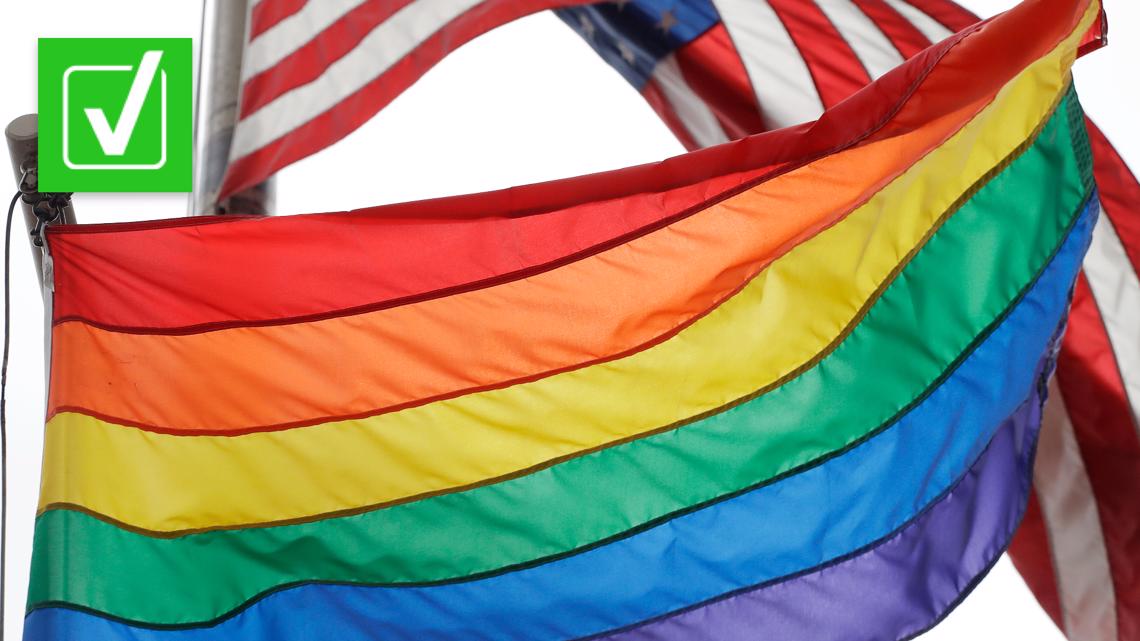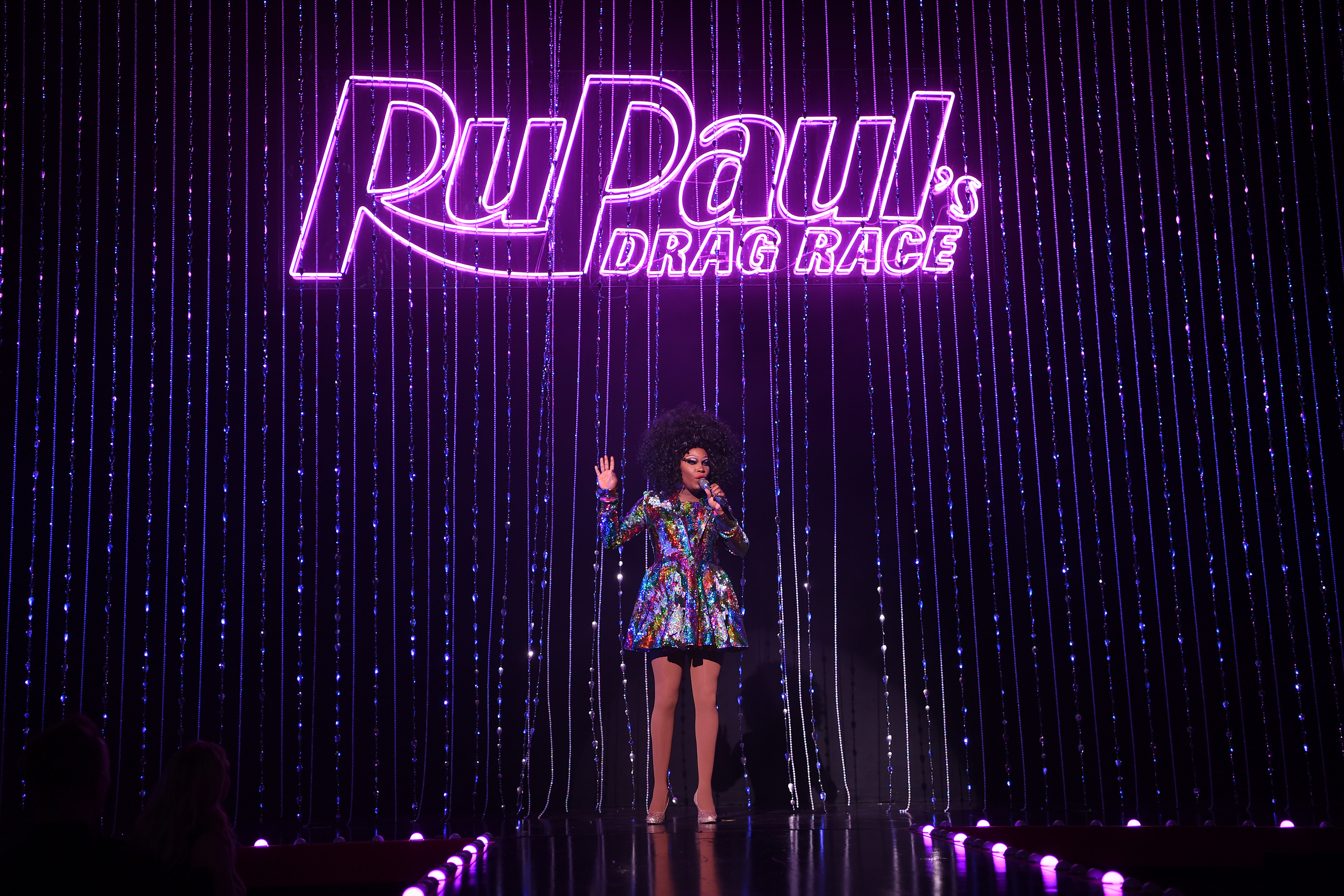Is Eurovision's Pride Flag Ban A Step Backwards?

Table of Contents
The Arguments For a Ban: Maintaining Neutrality and Avoiding Political Statements
The Eurovision Song Contest prides itself on being a celebration of music, transcending political boundaries. A core tenet of the competition is its commitment to political neutrality. This section explores arguments supporting a potential ban on Pride flags, focusing on the need to maintain this neutrality.
The Eurovision Rulebook and Political Neutrality
The Eurovision rulebook explicitly prohibits overtly political statements. This is designed to prevent the contest from becoming a platform for divisive political agendas and ensure its broad appeal across diverse participating nations.
- Past Controversies: Several past Eurovision performances have sparked controversy due to their political undertones, highlighting the delicate balance the organizers must maintain. These incidents underscore the need for clear guidelines to prevent future disputes.
- Broad Appeal: Maintaining an apolitical image is crucial for attracting a wide viewership and ensuring the participation of nations with varying political and social landscapes. A focus solely on musical talent ensures a level playing field.
- Avoiding Alienation: The rulebook aims to avoid alienating any participating nation by strictly adhering to the principle of political neutrality. This approach is intended to protect the integrity of the competition as a purely musical event.
Concerns about Divisive Issues
Concerns exist that displaying overtly political symbols, such as Pride flags, could fracture the unity of the competition.
- Potential Boycotts: A visible display of support for LGBTQ+ rights could lead to boycotts from nations with less tolerant views, potentially disrupting the event.
- Overshadowing Performances: The focus could shift from the musical performances to the political symbolism, overshadowing the talent and artistry of the participants.
- Balancing Inclusivity and Unity: The challenge lies in balancing the desire for inclusivity with the need to maintain a unified and harmonious event appealing to all participants and viewers.
The Arguments Against a Ban: The Importance of LGBTQ+ Inclusion and Visibility
Conversely, many argue that a ban on Pride flags would be a significant step backward for LGBTQ+ inclusion and visibility. This section explores the counterarguments, emphasizing the importance of representation and the potential negative consequences of a ban.
Eurovision as a Platform for Social Progress
Eurovision has, at times, served as a platform for social progress, showcasing diverse voices and perspectives. A ban on Pride flags would contradict this potential.
- LGBTQ+ Performances: Several past Eurovision performances have subtly or explicitly included LGBTQ+ themes, demonstrating the platform’s potential for positive social impact.
- Global Visibility: Eurovision provides a global stage, reaching millions worldwide. Showcasing LGBTQ+ diversity on this platform sends a powerful message of acceptance and inclusion.
- Symbolic Power of the Pride Flag: The Pride flag holds immense symbolic value for many, representing pride, visibility, and the ongoing fight for equality. Its absence could be deeply disheartening.
The Impact of Perceived Exclusion on LGBTQ+ Viewers and Participants
A ban could be perceived as a discriminatory act, potentially alienating LGBTQ+ viewers and performers.
- Inclusive Atmosphere: Creating an inclusive atmosphere is paramount to fostering participation and celebrating diversity. A ban could actively discourage participation from LGBTQ+ artists and fans.
- Decreased Participation: A restrictive environment could deter LGBTQ+ artists from participating, limiting the diversity of voices and perspectives represented at Eurovision.
- Psychological Impact: Feeling unwelcome or excluded can have a significant psychological impact, undermining the celebratory nature of the event.
The Counter-Argument: Subtlety vs. Explicit Statements
Supporters of LGBTQ+ rights within the Eurovision context suggest exploring alternative ways of promoting inclusion without violating the rules against explicit political statements.
- Artistic Expression: Artists can express their support for LGBTQ+ rights through their music, lyrics, staging, and costumes, without needing to display the Pride flag explicitly.
- Nuanced Messaging: Careful consideration of messaging is vital to ensure support for LGBTQ+ rights while respecting the competition's rules regarding political neutrality.
- Finding a Balance: A nuanced approach is necessary, balancing the desire for inclusivity with the need to adhere to the rules and avoid controversy.
The Broader Context: LGBTQ+ Rights in Participating Countries
The legal and social contexts surrounding LGBTQ+ rights vary significantly across Eurovision participating countries. This diversity must be considered when discussing a potential Pride flag ban.
- Differing Legal Landscapes: Some countries have progressive LGBTQ+ legislation, while others have far more restrictive laws, making the implementation of a universal policy challenging.
- Navigating Social Norms: The social acceptance of LGBTQ+ individuals varies greatly across participating nations, further complicating the issue.
- Sparking Conversations: Eurovision can be a catalyst for conversations about LGBTQ+ rights, raising awareness and promoting understanding across different cultures.
Conclusion
The debate surrounding a potential Eurovision Pride flag ban highlights the complex interplay between political neutrality, LGBTQ+ inclusion, and the role of international events in driving social change. While upholding the competition’s apolitical nature is crucial, excluding LGBTQ+ representation risks sending a detrimental message. Finding a balance that respects both neutrality and inclusivity is paramount. Let's continue the conversation about the Eurovision Pride flag ban and strive for a more inclusive future for this beloved international competition. What are your thoughts on the Eurovision Pride flag ban? Share your perspective in the comments below!

Featured Posts
-
 Dzilijan Anderson Blista U Retro Stilu
Apr 30, 2025
Dzilijan Anderson Blista U Retro Stilu
Apr 30, 2025 -
 New Cruise Ships 2025 What Makes Them So Special
Apr 30, 2025
New Cruise Ships 2025 What Makes Them So Special
Apr 30, 2025 -
 Ru Pauls Drag Race Live Celebrates 1000th Show With Live Broadcast
Apr 30, 2025
Ru Pauls Drag Race Live Celebrates 1000th Show With Live Broadcast
Apr 30, 2025 -
 Germanys Next Government Coalition Agreement Imminent
Apr 30, 2025
Germanys Next Government Coalition Agreement Imminent
Apr 30, 2025 -
 Blu Ajvi Na Super Bowlu Poredenje Sa Bijonse
Apr 30, 2025
Blu Ajvi Na Super Bowlu Poredenje Sa Bijonse
Apr 30, 2025
